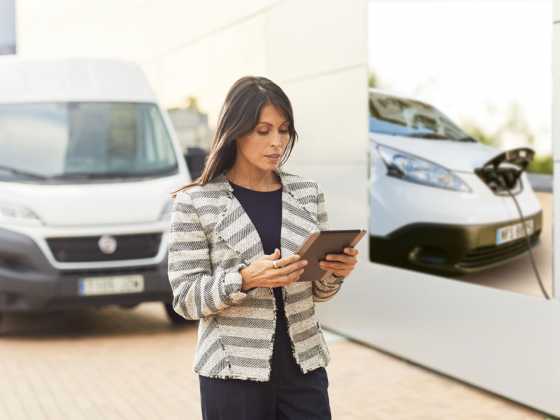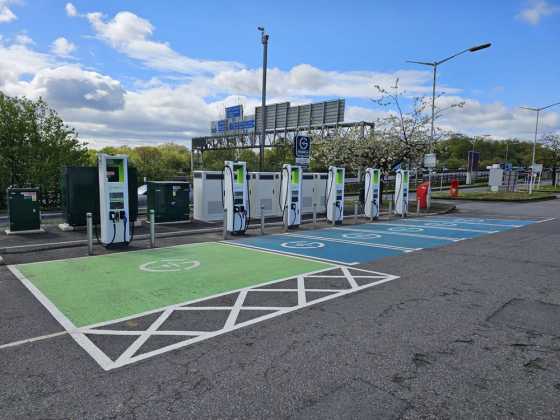AFP releases information on modern mobility management

The Association of Fleet Professionals (AFP) has released a new document in which it aims to define mobility management as a subject for wider discussion across the travel, fleet, payments and mobility sectors.
“The Definition of Mobility” has been created by the organisation’s Mobility Committee after wide-ranging discussions lasting several months that included gathering views from across the AFP membership as well as soliciting wider contributions.
Paul Hollick, chair at the AFP, explained: “This is a document designed by fleet operators, for fleet operators, that sets out a consensus view of what constitutes mobility management in 2021 and the years ahead. It outlines the aims, benefits and boundaries of the subject for employers and employees, especially explaining the cost and environmental advantages.
“It does not attempt to define ‘mobility’ in a few words but provides a potential framework within which all interested parties can discuss the subject and its impact in its entirety.”
“The Definition of Mobility” states that mobility can include travel types such as company and private cars, parking, fuel and charging, tolls, rental, car sharing, lift sharing, bikes and e-bikes, walking, public transport of all kinds, boats, flights, taxis, ride hailing, chauffeur hire, hotels, and commutes and business trips. It also looks at areas such as mobility from the point of view of technology, environmental impact, employee use of mobility services, cost management and tax efficiency, as well as providing a comprehensive glossary of terms.
Paul added: “We’re in a situation where many fleet managers are evolving into becoming mobility managers, taking on responsibility for a range of new and existing employee transport options alongside the company car. However, it’s clear that when people across the industry talk about mobility management, those conversations often lack focus.
“Our aim with the document, as the leading industry body in the fleet sector, is to scope out the range of mobility as a subject. It’s all about promoting conversations about mobillity and the opportunities that it creates to bring new thinking to business travel.
“Having these discussions is crucial, we believe. Alongside the arrival of EVs, mobility is likely to be the biggest new challenge for fleet managers during the next decade, despite the potential negative impact of the pandemic on asset-sharing, and they need to look at areas ranging from learning the new skills required through to how to share best practice.
“Through the AFP’s Mobility Committee and other activities, we’ll be aiming to be at the heart of those dialogues, supporting fleet managers through this evolution. To some extent, this is a subject that is still a blank page and there is an opportunity to seize the moment. It’s an exciting but challenging area.”
“The Definition of Mobility” document can be found at www.theafp.co.uk.



